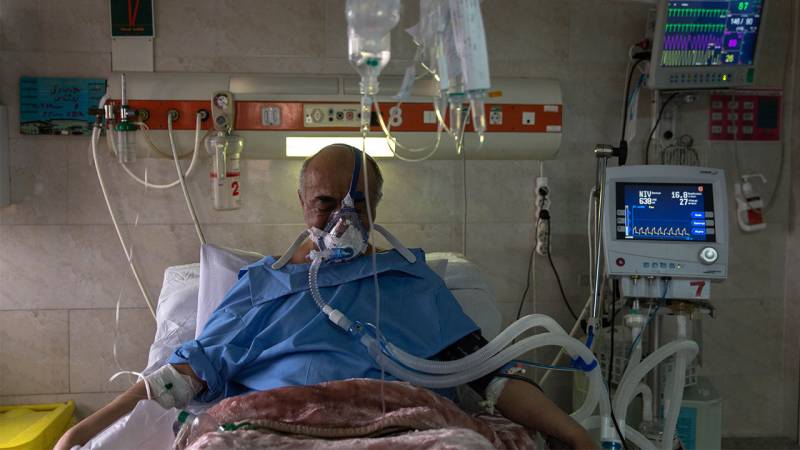Covid-19 intubation may be less risky than feared: study

Stay tuned with 24 News HD Android App

Procedures like inserting or removing breathing tubes, which were thought to pose a serious danger of Covid-19 transmission to health workers, produce less aerosols than a normal cough, according to new research published Tuesday.
A particular concern for doctors and nurses during the pandemic has been that intubation -- when a tube is placed in the patient's airway to help them breathe -- could create a fine mist of viral particles and create an infection danger for hospital staff.
This has caused health authorities in Britain to classify them as 'aerosol generating procedures', meaning health workers need respirators and high level personal protective equipment and the operating rooms are cleaned using a special technique to remove aerosols. Researchers say using this technique has "dramatically" slowed surgery and contributed to long hospital waiting lists.
But a new study published in Anaesthesia, the journal of the Association of Anaesthetists, found that both intubation and the removal of the breathing tube after surgery produce much less aerosol than had previously been assumed.
While the research was not performed on patients with Covid-19 for safety reasons, the authors from the University of Bristol and hospitals in Bristol and Bath called for the risk levels of the procedures to be reassessed.
"The results suggest that during anaesthesia tube insertion should not be considered a high-risk procedure," the authors said.
"We detected no increases in aerosolised particles during face-mask ventilation, airway suction or repeated attempts at intubation," they wrote.
"This reflects typical clinical practice by anaesthetists with a range of experience, providing further reassurance regarding the low level of aerosol generation."
Coughs are riskier
The researchers worked to quantify the aerosols generated during various anaesthesia procedures for insertion and removal of tubes from patients' airways, as well as other breathing assistance, in real clinical settings.
They looked at 19 tube insertions and 14 tube removals and found -- against expectations -- that tube insertion generated approximately one thousandth of the aerosol generated by a single cough.
Tube removal produced more aerosol, especially when accompanied by a weak cough, which sometimes occurs when patients resume breathing on their own.
But researchers said this was still less than 25 percent of that produced by a voluntary cough.
The authors note that their study was limited because they were unable to directly study the risk of transmission of the new coronavirus, adding their "interpretation rests on the widely accepted link between aerosol generation and infection risk".
They said the research could have implications for the distribution of protective equipment in hospitals, which is allocated on the basis of how risky a given situation is considered.
